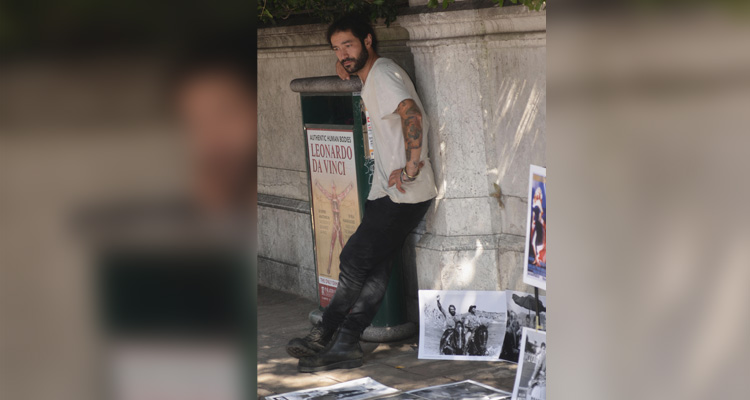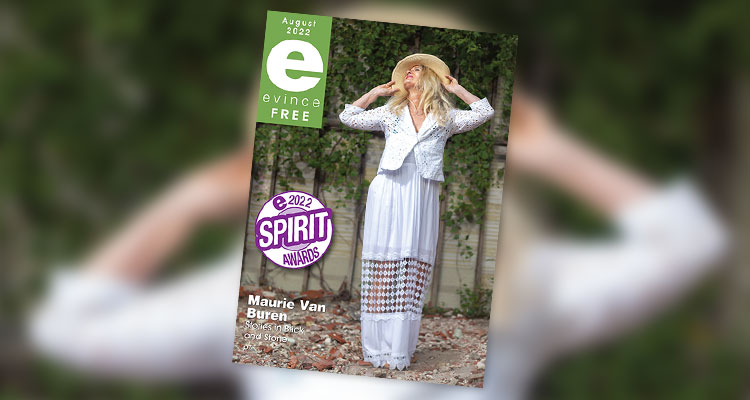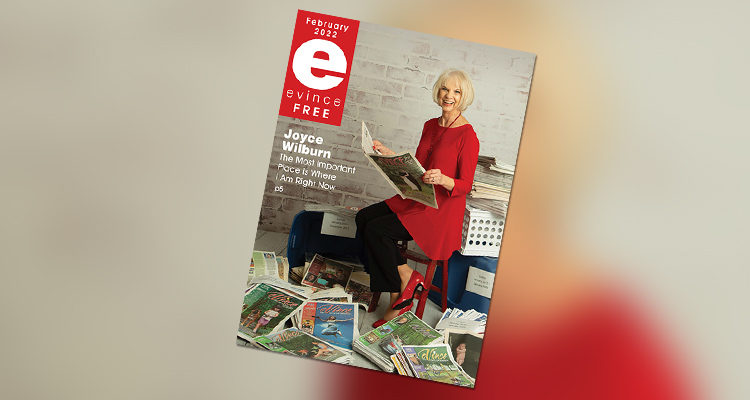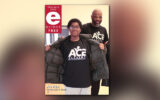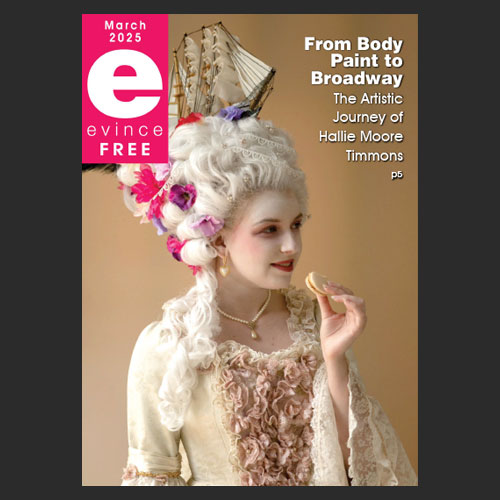Imagine your boss assigns you an unusual task. You have an important selection to make.
That’s why you’re led into a room and seated behind a one-way glass panel. On the other side of the glass is a six-person lineup like ones you’ve seen on detective shows.
One of six is a writer. And your job is to identify him or her.
Although you’ve asked for clues, none have been provided. Instead, you’ve been handed a sheet with a paragraph handwritten by the author. After reading it half a dozen times, you look, once again, at the people in the lineup.
Certain words in the paragraph cause you to think the writer is well educated. Other words suggest that he or she might like bright colors. Still others remind you of stories your grandparents have told you.
Frustrated, you insist that, before you make your choice, you must be allowed to ask one question. Reluctantly, your boss agrees.
Nonetheless, you feel as if you are the one in the hot seat because your selection, if correct, will win for you a free vacation wherever you want to go.
However, if, after asking your question, you choose the wrong person, someone else will be given the opportunity.
As you take a minute or two to consider the one question you would ask, all you can think of is that you don’t want to lose.
While you’re intensely focused, there’s a knock on the door to your room. Without hesitating, you walk to the door and open it.
To your surprise, you see me, an author you’ve known for many years. Because you read my first book, No Gold Stars, you welcome me with a hearty handshake.
“I’m here to help you win,” I say. “Let’s get started.”
You hand me the paragraph, ask me to read it.
While I’m reading, you say, “That’s my only clue.” You sound disheartened. “I know I can ask a question, but I have no idea what question or its answer would help me.”
Trying to offer a little comfort, I ask, “Are you a writer?”
Quickly, you answer, “Only if you count thank-you notes.”
When I nod, as if considering that to be an important reply, you seem puzzled.
“Why do you ask that?”
I smile at you and your question, then say, “Long ago, you discovered you weren’t a writer. Even so, you knew how to appreciate writing that’s well done.” I point to the paper. “Don’t you agree that this is well written?”
“Yes, but why is that a clue?”
I answer his question with one of my own. “If you decided tomorrow to be a writer, how long would it take you to write a paragraph this well?”
For a moment you pause. “I’m sure I’d have to be taught. And I’d have to practice a lot. Probably, I’d need to work on my vocabulary, and…”
I stop you in mid-sentence. “So, what does that tell you about the writer you’re looking for?”
Without hesitating, you answer, “They’ve been writing for a while.”
“Just like me,” I respond.
Hearing that seems to please and relax you. We’ve turned away from the lineup as if we’re about to begin a conversation that has nothing to do with making a selection.
“Now I know why I loved No Gold Stars,” you tell me.
“Please explain,” I say.
“Because you took the time to write it so well. It makes me wonder how long you’ve been writing.”
As soon as you say that you notice my smile. Immediately, you understand.
“That’s my one question, isn’t it?”
